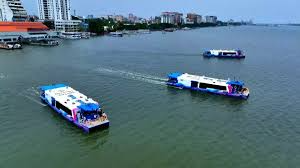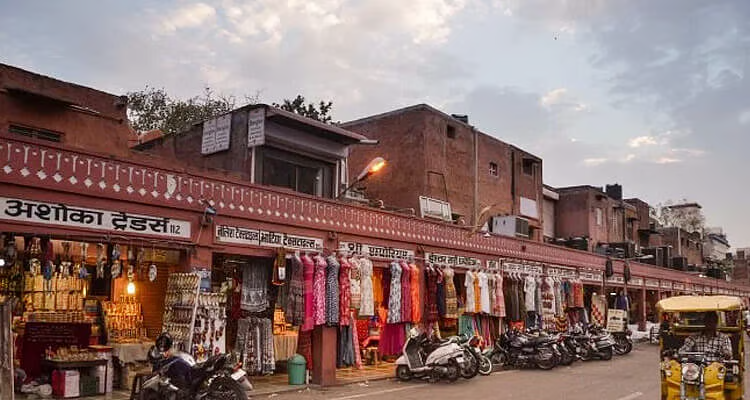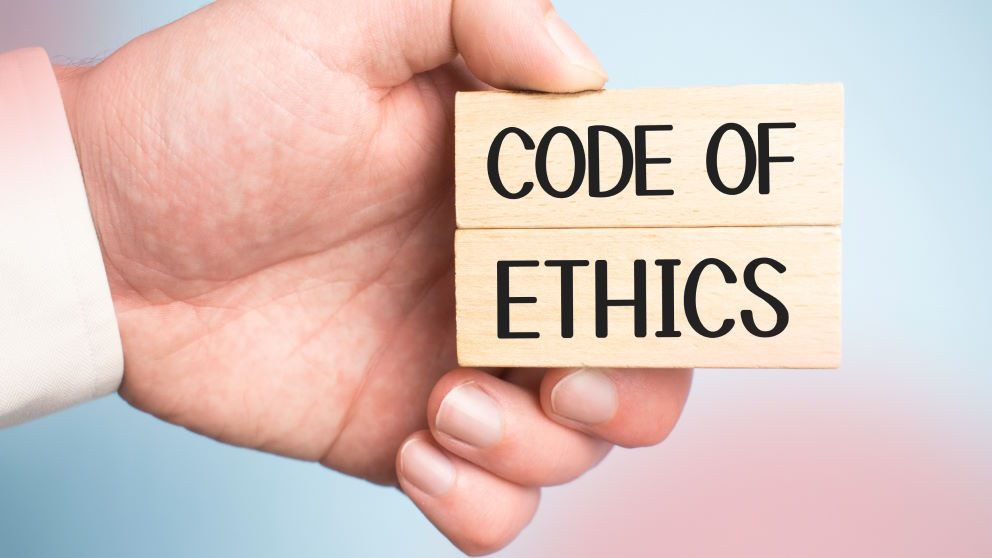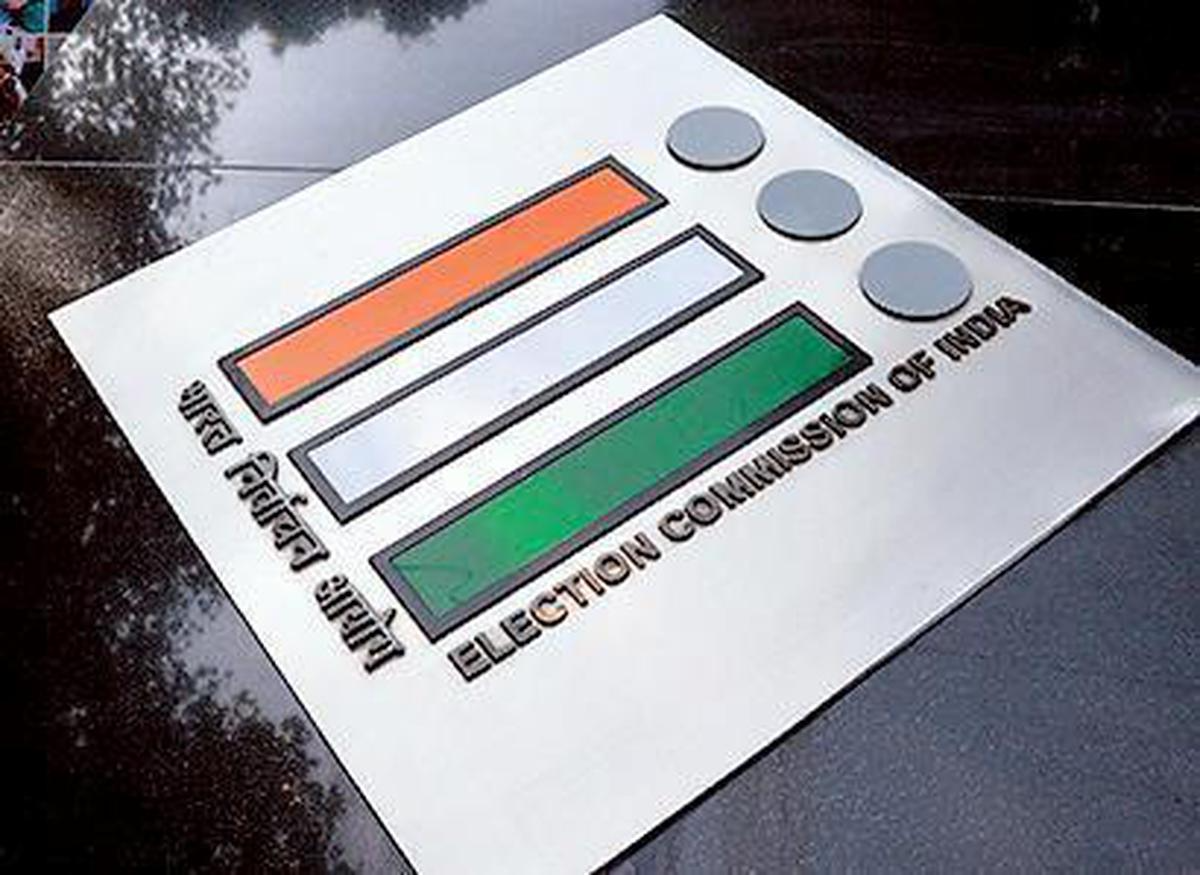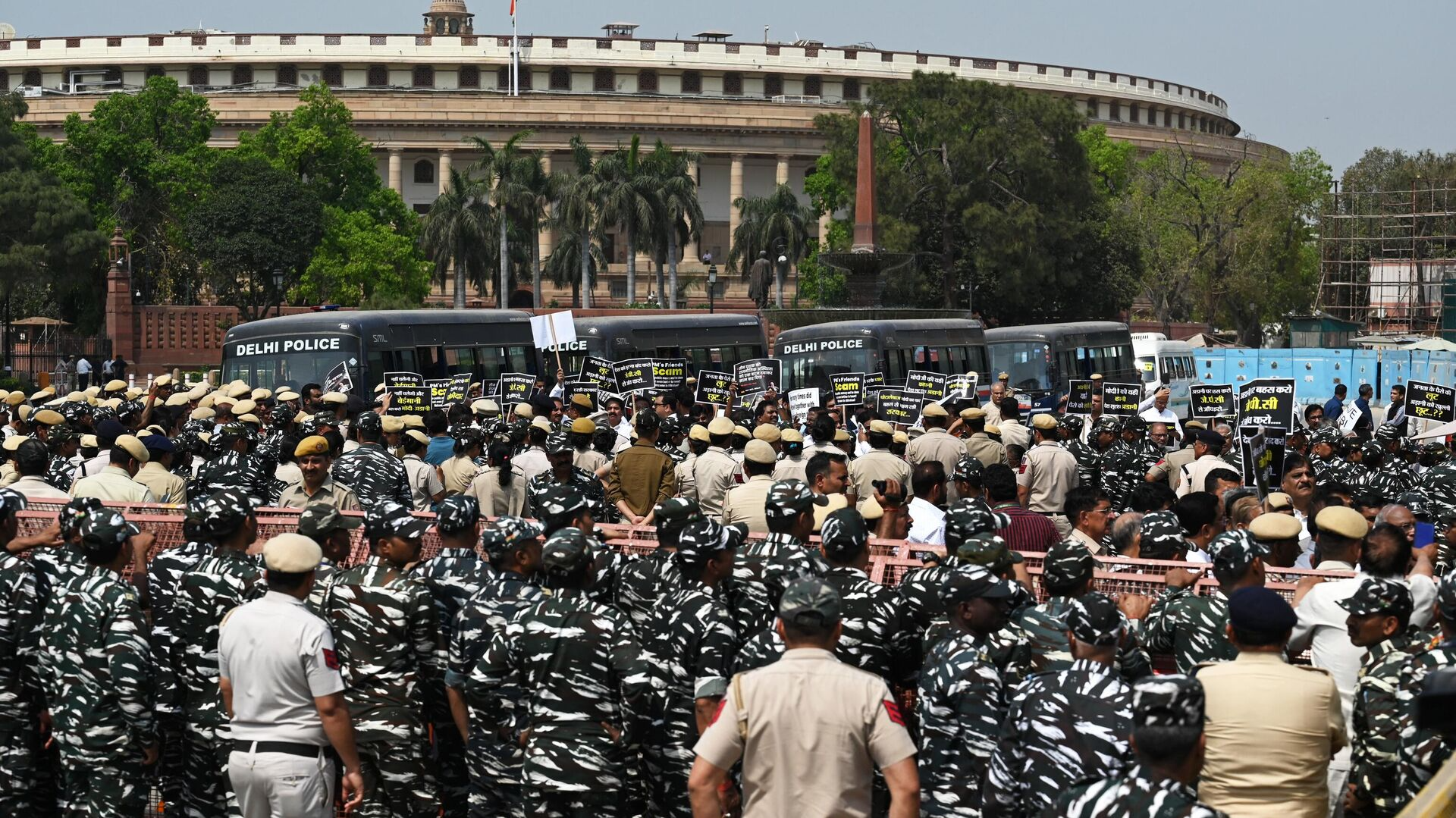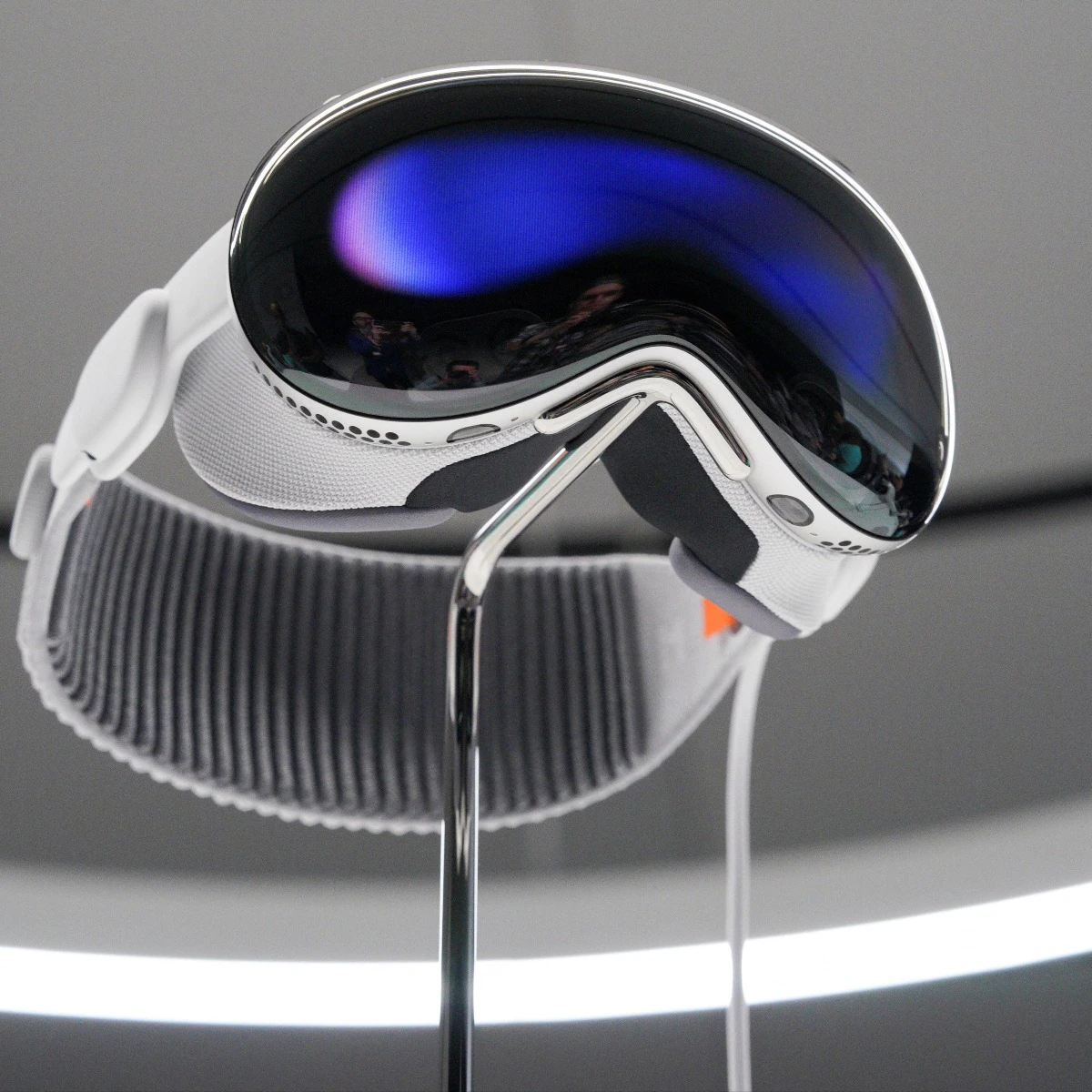Hyderabad Metro to Go Contactless
Posted On July 11, 2025
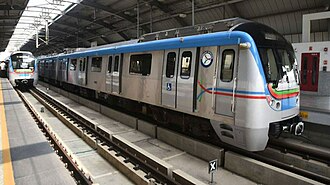
Hyderabad Metro Rail, a pivotal lifeline for urban commuting in the bustling city, has significantly advanced its digital transformation journey, making substantial strides towards a fully "contactless" ticketing and payment ecosystem. This transition, which has been in continuous implementation since late 2022 and further bolstered in late 2024, aims to enhance passenger convenience, reduce queue times, and align with the broader national push for digital payments. The move away from traditional physical tokens and smart cards as the sole modes of transaction is redefining the commuter experience in Hyderabad.
The initiative is driven by L&T Metro Rail (Hyderabad) Limited (L&TMRHL), the concessionaire for the Hyderabad Metro, in collaboration with various fintech and technology partners. The primary goal is to leverage cutting-edge digital solutions to streamline the entire ticketing process, from purchase to entry and exit, making it as seamless and touch-free as possible. This aligns with the "Digital India" mission and the growing preference for cashless transactions among urban populations.
A significant leap towards contactless commuting was the launch of WhatsApp eTicketing facility in October 2022. This innovation positioned Hyderabad Metro as India's first metro to offer end-to-end digital payment-enabled ticket booking directly through WhatsApp. Commuters can simply purchase an e-ticket on their own WhatsApp number, which generates a QR code. This QR code can then be displayed at the Automatic Fare Collection (AFC) gates to proceed for the journey. This facility significantly reduced the reliance on physical ticket counters and ticket vending machines, providing unparalleled convenience for daily commuters.
Building on this, a major advancement occurred in November 2024, when Hyderabad Metro Rail became the first Metro Rail project in the world to launch ticket booking on RCS (Rich Communication Services) and store tickets directly on Google Wallet. This groundbreaking integration, powered by partners like Billeasy and Route Mobile, revolutionized how Android users interact with the metro system. Commuters can now-
Initiate Booking via RCS- By scanning a station QR code or sending "Hi" via RCS messaging on Google Messages, users can start the ticketing process. RCS offers an interactive, conversational experience with features like information cards and suggested replies, replacing traditional SMS.
Select Route and Ticket Type- Passengers are guided through choosing their source, destination, and ticket type within the RCS chat interface.
Complete Secure Payment- Payments can be made securely through preferred digital methods like UPI (Unified Payments Interface), with instant confirmation.
Add to Google Wallet- Once booked, the digital ticket (Digi-Ticket) with a QR code can be seamlessly added to Google Wallet for quick and easy access directly from their Android smartphone. This eliminates the need to download separate metro apps or fumble with physical tickets.
This integration is a game-changer for several reasons. Firstly, it leverages a native Android messaging app (Google Messages) that most users already have, removing the barrier of downloading and managing another dedicated metro app. Secondly, it provides an immediate, secure, and intuitive way to purchase and store tickets. Thirdly, it supports UPI, India's most popular digital payment platform, ensuring broad accessibility. While currently available for Android users, the service is future-proofed to support iOS once Apple enables RCS support in India.
Beyond these app-based and messaging-based solutions, Hyderabad Metro has also been working towards broader National Common Mobility Card (NCMC) compatibility. While specific full-scale operationalization dates for NCMC across all Hyderabad Metro stations were initially projected for late 2023 or early 2024, the process involves technical integration across all AFC gates and back-end systems. NCMC, envisioned as 'One Nation One Card,' allows commuters to use their RuPay debit, credit, or prepaid cards (issued by various banks) for metro travel, parking, and potentially other transit services across India. Hyderabad Metro has equipped a significant percentage of its fare gates with NCMC readers, moving towards enabling this universal payment standard. This would allow passengers to simply "Tap & Go" with their bank-issued NCMC-enabled cards, further reducing the need for specific metro cards or tokens.
The strategic advantages of Hyderabad Metro's push towards contactless systems are evident-
Enhanced Convenience- Passengers can book tickets from anywhere, at any time, using their smartphones, eliminating queues at ticket counters.
Reduced Operational Costs- Digital ticketing minimizes the need for printing paper tickets or manufacturing physical tokens, reducing operational overheads.
Improved Efficiency- Faster entry and exit at AFC gates due to quick QR code scanning or card tapping leads to smoother passenger flow, especially during peak hours.
Hygiene and Safety- Contactless transactions are inherently more hygienic, a significant benefit, especially in a post-pandemic world.
Data-Driven Insights- Digital transactions provide valuable data on passenger movement and preferences, enabling the metro authorities to optimize services and operational planning.
Future-Proofing- Embracing these technologies positions Hyderabad Metro at the forefront of urban transit innovation, ready for further advancements in digital payments and integrated mobility solutions.
While the existing "Hyderabad Metro Smart Card" (Nebula Card) and paper QR tickets continue to be valid options, the emphasis is clearly shifting towards digital and contactless alternatives. This evolution reflects a conscious effort to align Hyderabad Metro with global smart city initiatives and cater to the digitally savvy population of Hyderabad. By embracing these cutting-edge payment and ticketing technologies, Hyderabad Metro is not just modernizing its operations but also fundamentally transforming the urban commuting experience, making it more efficient, convenient, and truly future-ready.
The initiative is driven by L&T Metro Rail (Hyderabad) Limited (L&TMRHL), the concessionaire for the Hyderabad Metro, in collaboration with various fintech and technology partners. The primary goal is to leverage cutting-edge digital solutions to streamline the entire ticketing process, from purchase to entry and exit, making it as seamless and touch-free as possible. This aligns with the "Digital India" mission and the growing preference for cashless transactions among urban populations.
A significant leap towards contactless commuting was the launch of WhatsApp eTicketing facility in October 2022. This innovation positioned Hyderabad Metro as India's first metro to offer end-to-end digital payment-enabled ticket booking directly through WhatsApp. Commuters can simply purchase an e-ticket on their own WhatsApp number, which generates a QR code. This QR code can then be displayed at the Automatic Fare Collection (AFC) gates to proceed for the journey. This facility significantly reduced the reliance on physical ticket counters and ticket vending machines, providing unparalleled convenience for daily commuters.
Building on this, a major advancement occurred in November 2024, when Hyderabad Metro Rail became the first Metro Rail project in the world to launch ticket booking on RCS (Rich Communication Services) and store tickets directly on Google Wallet. This groundbreaking integration, powered by partners like Billeasy and Route Mobile, revolutionized how Android users interact with the metro system. Commuters can now-
Initiate Booking via RCS- By scanning a station QR code or sending "Hi" via RCS messaging on Google Messages, users can start the ticketing process. RCS offers an interactive, conversational experience with features like information cards and suggested replies, replacing traditional SMS.
Select Route and Ticket Type- Passengers are guided through choosing their source, destination, and ticket type within the RCS chat interface.
Complete Secure Payment- Payments can be made securely through preferred digital methods like UPI (Unified Payments Interface), with instant confirmation.
Add to Google Wallet- Once booked, the digital ticket (Digi-Ticket) with a QR code can be seamlessly added to Google Wallet for quick and easy access directly from their Android smartphone. This eliminates the need to download separate metro apps or fumble with physical tickets.
This integration is a game-changer for several reasons. Firstly, it leverages a native Android messaging app (Google Messages) that most users already have, removing the barrier of downloading and managing another dedicated metro app. Secondly, it provides an immediate, secure, and intuitive way to purchase and store tickets. Thirdly, it supports UPI, India's most popular digital payment platform, ensuring broad accessibility. While currently available for Android users, the service is future-proofed to support iOS once Apple enables RCS support in India.
Beyond these app-based and messaging-based solutions, Hyderabad Metro has also been working towards broader National Common Mobility Card (NCMC) compatibility. While specific full-scale operationalization dates for NCMC across all Hyderabad Metro stations were initially projected for late 2023 or early 2024, the process involves technical integration across all AFC gates and back-end systems. NCMC, envisioned as 'One Nation One Card,' allows commuters to use their RuPay debit, credit, or prepaid cards (issued by various banks) for metro travel, parking, and potentially other transit services across India. Hyderabad Metro has equipped a significant percentage of its fare gates with NCMC readers, moving towards enabling this universal payment standard. This would allow passengers to simply "Tap & Go" with their bank-issued NCMC-enabled cards, further reducing the need for specific metro cards or tokens.
The strategic advantages of Hyderabad Metro's push towards contactless systems are evident-
Enhanced Convenience- Passengers can book tickets from anywhere, at any time, using their smartphones, eliminating queues at ticket counters.
Reduced Operational Costs- Digital ticketing minimizes the need for printing paper tickets or manufacturing physical tokens, reducing operational overheads.
Improved Efficiency- Faster entry and exit at AFC gates due to quick QR code scanning or card tapping leads to smoother passenger flow, especially during peak hours.
Hygiene and Safety- Contactless transactions are inherently more hygienic, a significant benefit, especially in a post-pandemic world.
Data-Driven Insights- Digital transactions provide valuable data on passenger movement and preferences, enabling the metro authorities to optimize services and operational planning.
Future-Proofing- Embracing these technologies positions Hyderabad Metro at the forefront of urban transit innovation, ready for further advancements in digital payments and integrated mobility solutions.
While the existing "Hyderabad Metro Smart Card" (Nebula Card) and paper QR tickets continue to be valid options, the emphasis is clearly shifting towards digital and contactless alternatives. This evolution reflects a conscious effort to align Hyderabad Metro with global smart city initiatives and cater to the digitally savvy population of Hyderabad. By embracing these cutting-edge payment and ticketing technologies, Hyderabad Metro is not just modernizing its operations but also fundamentally transforming the urban commuting experience, making it more efficient, convenient, and truly future-ready.

